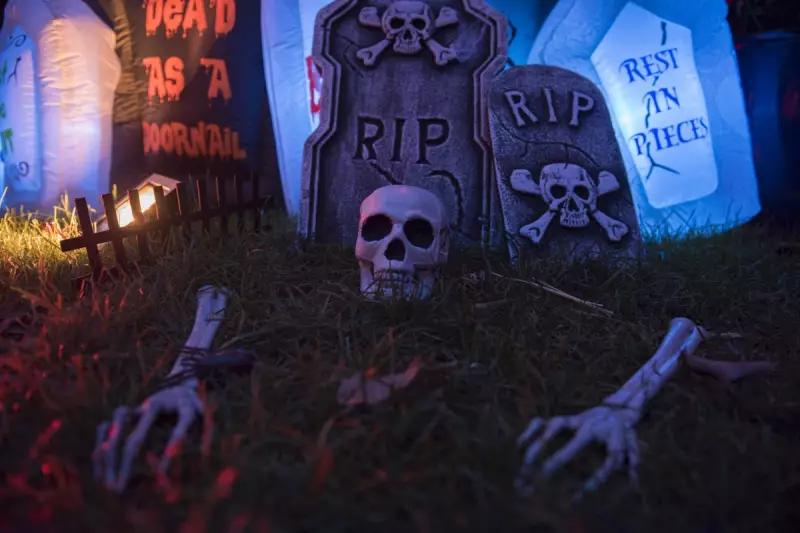
A Halloween fright night turned into a real-life nightmare for a Nebraska woman who is now taking legal action against a Kansas City haunted house attraction after what she describes as a brutal encounter with a 'beast' character that left her with severe spinal injuries.
The Terrifying Incident
According to court documents filed in Missouri federal court, the plaintiff visited the Edge of Hell Haunted House in Kansas City's West Bottoms district during the 2021 Halloween season. The attraction, known for its intense scare tactics and elaborate horror themes, promises visitors a 'journey through the depths of hell' - but for this Nebraska visitor, the experience became all too real.
When Fiction Becomes Reality
The lawsuit alleges that while navigating the dark, maze-like corridors of the attraction, the woman was suddenly confronted by an actor portraying a 'beast' character. Rather than providing the expected jump scare, the encounter turned physical when the actor allegedly grabbed and violently shook her, causing immediate and severe pain.
'This wasn't part of the show,' the legal filing emphasises, noting that the level of physical contact far exceeded what any reasonable visitor would expect from a haunted house experience.
Serious Medical Consequences
The immediate aftermath of the incident revealed the severity of the injuries. Medical examinations later confirmed the woman had suffered:
- Significant spinal damage requiring ongoing treatment
- Substantial medical expenses mounting into thousands of pounds
- Long-term pain and mobility issues affecting daily life
- Emotional trauma from the violent encounter
Legal Battle Ahead
The lawsuit names both the individual actor and the company operating the haunted house, Full Moon Productions, alleging negligence in their training and supervision of scare actors. The plaintiff's legal team argues that the attraction failed to maintain proper safety protocols and allowed actors to cross the line from entertainment into physical assault.
'There's a clear distinction between a good scare and physical harm,' the legal documents state. 'Visitors consent to being frightened, not to being physically assaulted and injured.'
Broader Implications for Attraction Industry
This case raises important questions about safety standards within the horror attraction industry, particularly regarding:
- Appropriate boundaries for actor-visitor interaction
- Comprehensive training for scare performers
- Clear safety protocols and emergency procedures
- Visitor consent and expectation management
The outcome of this lawsuit could potentially set new precedents for how haunted houses and similar attractions operate across the country, balancing the desire for extreme frights with fundamental safety considerations.
The case continues to develop as both sides prepare their arguments, with the Nebraska woman seeking compensation for medical expenses, pain and suffering, and other damages resulting from what was supposed to be a seasonal entertainment experience.





